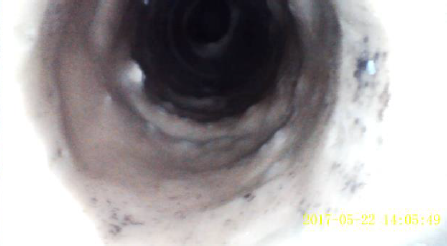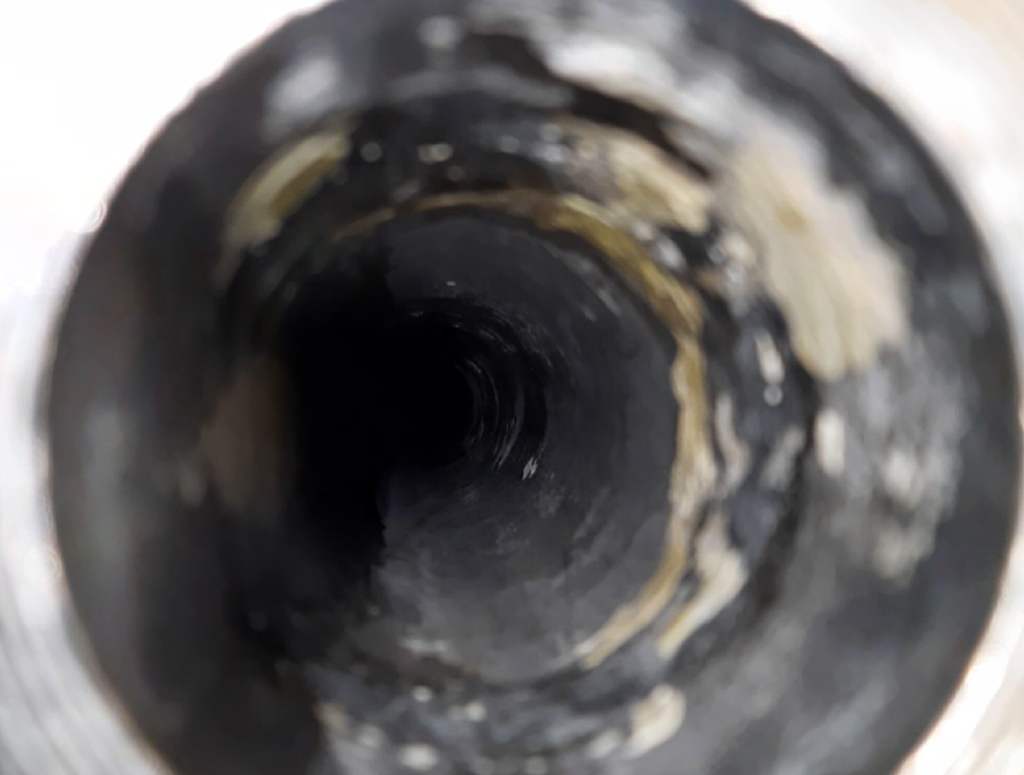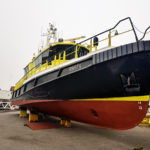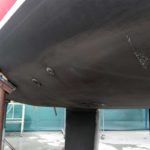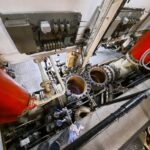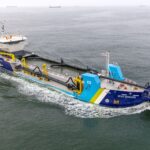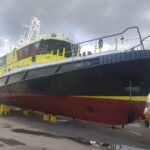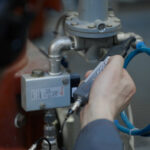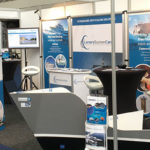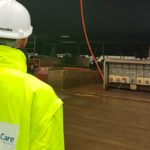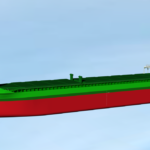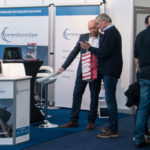One of the most costly aspects of a production process is the shutdown of operations due to unexpected maintenance. Blocked pipework and plate coolers are a chronic problem for the process industry. Scaling, as well as biofouling, leads to increased downtime and costly cleaning operations. Often these additional costs are already included in a special budget, which reduces production margins.
A European zinc manufacturer approached LSC to jointly tackle the scaling problem. Until now, scaling removal was performed using high-pressure cleaning. This process, not without risks, is carried out by an external party. So much scaling occurs throughout the entire plant that a full-time team from this party is always present. Pipework that is critical in the production process and unexpectedly becomes blocked always takes priority. Switching is done on an ad hoc basis.
To avoid surprises, one particular pipeline is preventively cleaned every 5 weeks. The ultrasonic system has been installed on this pipeline. Prior to installing the ultrasonic system, the pipeline was inspected using an endoscope. Scaling was present to a large extent.
After installing the ultrasonic antifouling system, the pipeline was cleaned again. After 5 weeks, the pipeline was inspected again with an endoscope. The pipeline remained virtually free of scaling. With these results, there is no danger of reduced production output due to scaling.
LSC has bonded transducers that introduce ultrasonic vibrations. The sound is structure-borne and spreads through the stainless steel of the pipeline. The pipeline functions as an amplifier of this sound and induces cavitation at a microscopic level. This interrupts the crystal formation of scaling, making it less able to adhere. As a result: the pipeline can be used longer without downtime due to blockages or reduced flow.
